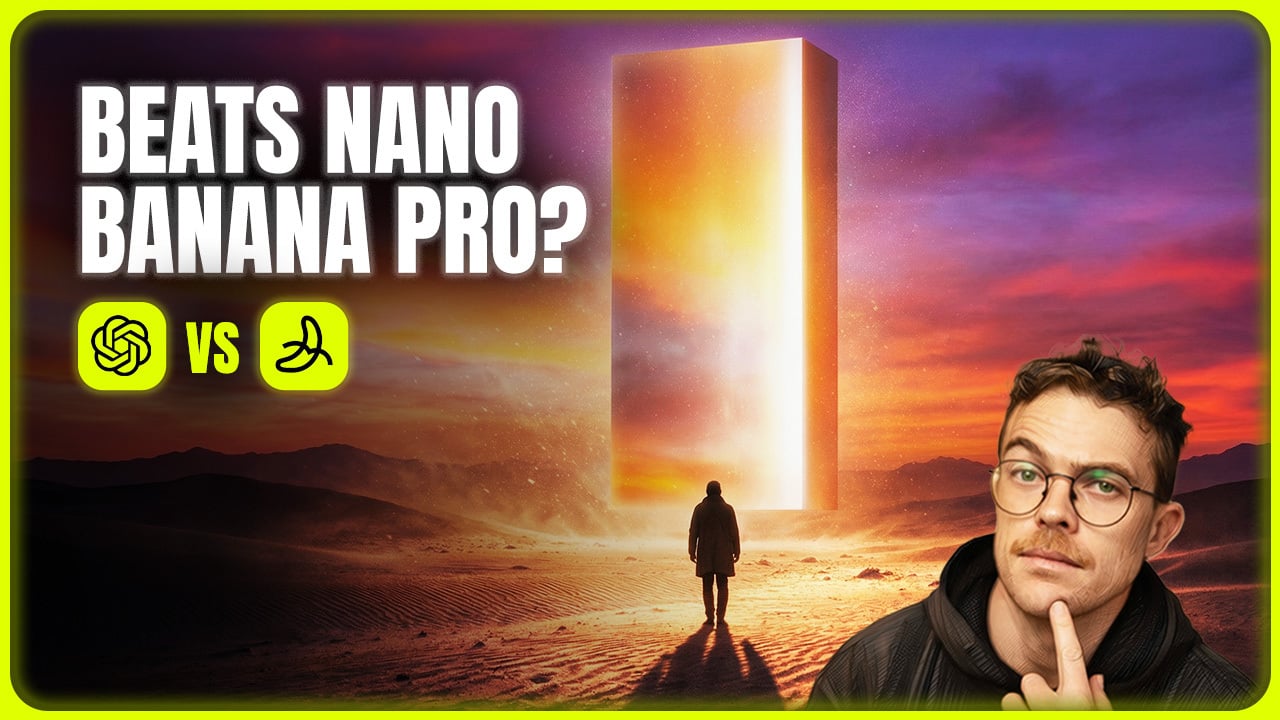Do we really need IP law? I’m no expert, but I’ve dealt with creative IP long enough to understand its pros and cons. While it rightfully protects creative work, I also feel it hamstrings creativity due to the red tape and limitations that go with it.
So, when I hear Elon Musk and Jack Dorsey shouting from the rooftops, “Delete all IP law,” I can’t help but feel a mix of curiosity and concern.
On one hand, removing intellectual property (IP) laws might open floodgates of collaboration, free flow of ideas, and maybe bigger audiences.
On the other hand, I worry about how creatives will protect and monetize their hard work in such a free-for-all scenario.
Below, we’ll dive into this hot debate, see what’s going on in the tech world, and explore what this might mean for us—the artists, content creators, and marketers who live and breathe creativity every day.
The Showdown: Musk, Dorsey, And The IP Debate
Elon Musk and Jack Dorsey have lit the fuse on a fiery conversation about IP laws. Dorsey took to X saying, “delete all IP law,” and Musk quickly backed him up with “I agree”.
The timing couldn’t be more dramatic, given that artificial intelligence (AI) companies are knee-deep in copyright lawsuits over alleged infringement.
What Happened?
Jack Dorsey’s post sparked immediate reactions (with over 5k replies up to now).
Elon Musk, now owning X (formerly Twitter), chimed in with his support.
The conversation got people questioning if we should really consider scrapping all IP rights altogether.
Not surprisingly, the internet blew up.
Tech enthusiasts like Chris Messina jumped in to support the idea, suggesting that automated IP fines could replace old-school incarceration for smaller infringements.
Others, like Ed Newton-Rex from Fairly Trained, slammed the idea as an “all-out war on creators.”
Why Are These Titans Pushing For An IP-Free Future?
Both Dorsey and Musk have long viewed intellectual property laws as outdated and a barrier to innovation.
According to Dorsey, current IP systems unfairly funnel profits to gatekeepers, leaving creators with scraps. He envisions “much greater models to pay creators,” arguing that in a truly open landscape, original thinkers would still thrive—maybe even more than they do now.
Key Takeaways:
Innovation vs. Restriction: Proponents believe IP laws stifle progress, especially in tech.
Greater Compensation: They argue there are more lucrative ways to reward creators than our current system provides.
Gatekeeper Problem: Dorsey and Musk see big corporations exploiting IP to monopolize industries.
But hold on—didn’t Musk offer a Tesla patent pledge back in 2014, essentially opening up some of Tesla’s patents to “good faith” users? Yes, but Tesla also sued an Australian company, Cap-XX, in 2023 over suspected patent infringement. So, it’s complicated.
What This Means For Creatives
For artists, content creators, and marketers, the idea of deleting IP laws can be thrilling—and terrifying.
Here are a few questions on everyone’s mind:
How Will I Protect My Work?
If IP laws vanish, what’s to stop someone from selling our designs or content as their own?
Will we rely solely on reputation, community trust, and new payment models?
Could This Open New Doors?
In an IP-free world, sharing could be more fluid, leading to faster idea generation and more collaborations.
Might we see bigger fan bases and alternative revenue systems (like memberships or tipping) becoming the norm?
Will Gatekeepers Disappear—or Just Morph?
Even without IP, large platforms could still corner markets through brand reach and infrastructure, leaving independent creators to struggle for visibility.
The Industry’s Next Moves
The tech giants are grappling with how to train AI models without stepping on creators’ toes. Lawsuits against AI companies using pirated e-books highlight a messy reality: the difference between “inspiration” and “infringement” isn’t always black and white.
Meanwhile, other big players like Meta find themselves caught in the crossfire, defending their AI models from claims of unauthorized use of copyrighted works. These controversies signal a broader industry shift, one that could eventually result in new legal frameworks (or the dissolution of old ones) for protecting creative work.
Where Do We Go From Here?
Change is definitely in the air. As creators, it’s essential to stay informed and adaptable. Keep an eye on:
Evolving Legal Landscapes: Nations might experiment with looser IP policies or alternative compensation systems.
Innovative Monetization Models: From crypto-based ownership proofs to direct fan-funded memberships, we could see fresh income streams pop up.
Community Collaboration: Creative communities may self-regulate more—publicly calling out copycats while supporting original talent.
One Last Thought
So, do we wipe out IP law and let the chips fall where they may?
Personally, I’m not against scrapping IP laws. I believe it will allow a freer flow of ideas that could spark incredible innovation. Yet at the same time, we also need a fair system to value and protect the blood, sweat, and tears that go into creative work.
One thing’s for sure: the conversation is far from over, and we’d all do well to tune in—and speak up.









